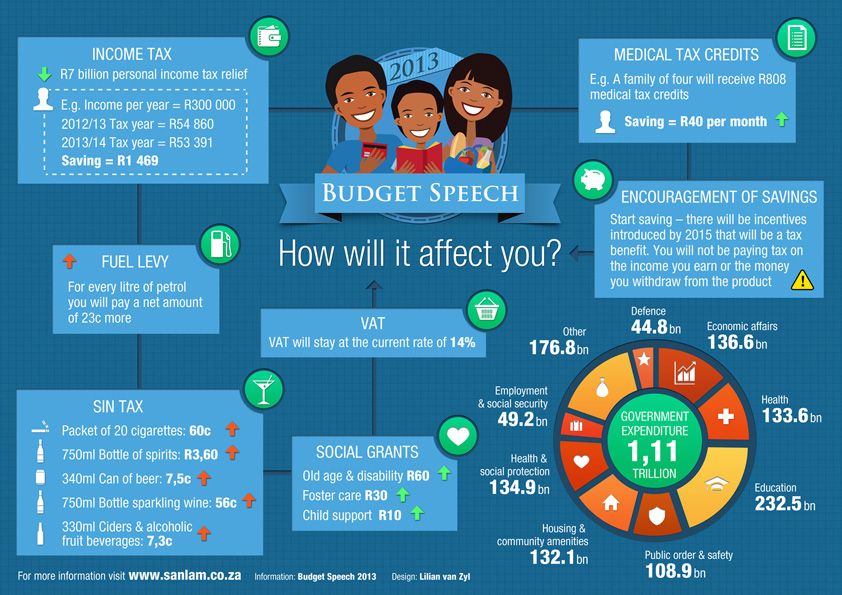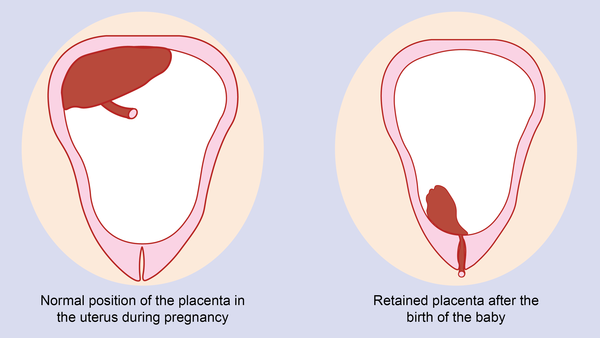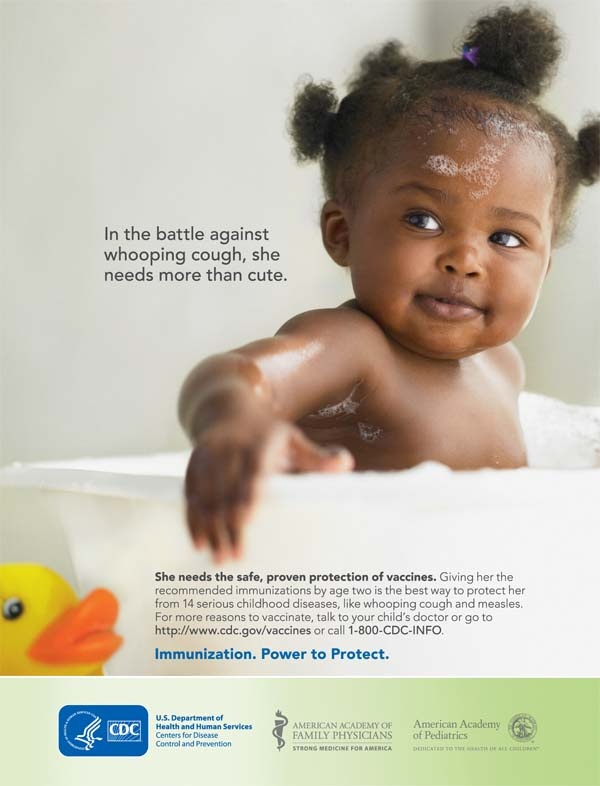How to tell someone their child may have autism
How to talk to a parent when you’re concerned their child may have special needs
As caregivers, we want to provide the best care for our charges. But what happens when you work with a child who behaves or learns in ways that fall outside of your experience? Most importantly, when should you voice your concerns to their parents?
A caregiver may need to inform parents if they observe behavior that is “dangerous to the child or others,” says Kristin Carothers, Ph.D., a clinical psychologist and cognitive behavioral therapist in Atlanta.
She also adds that caregivers should speak up if they notice changes in a child’s behavior or when they have concerns a child is not meeting developmental milestones “like walking, talking, showing interest in others, toileting.”
But what qualifies as unsafe behaviors, developmental delays and signs a child may have different needs? And how do you raise the topic with parents? Experts share their insights below.
Signs and symptoms that something is ‘different’
While it is not the place of a caregiver to provide medical or psychiatric advice, there are a few behaviors or challenges to pay attention to:
Struggles with social interaction
Sometimes, kids are shy. And sometimes, kids are very independent. But are there signs that your charge’s behavior is more than that? Mitch Nagler, MA, LMHC, director of Bridges to Adelphi Program and part of the Adjunct Faculty at Gordon F. Derner School of Psychology in Garden City, New York, says caregivers can monitor their charges for:
-
Difficulty responding when their name is called.
-
Disinterest in communicating at length or at all.
-
Lack of eye contact.
-
Overreacting to loud noises, crowds, etc.
-
Avoiding physical affection.
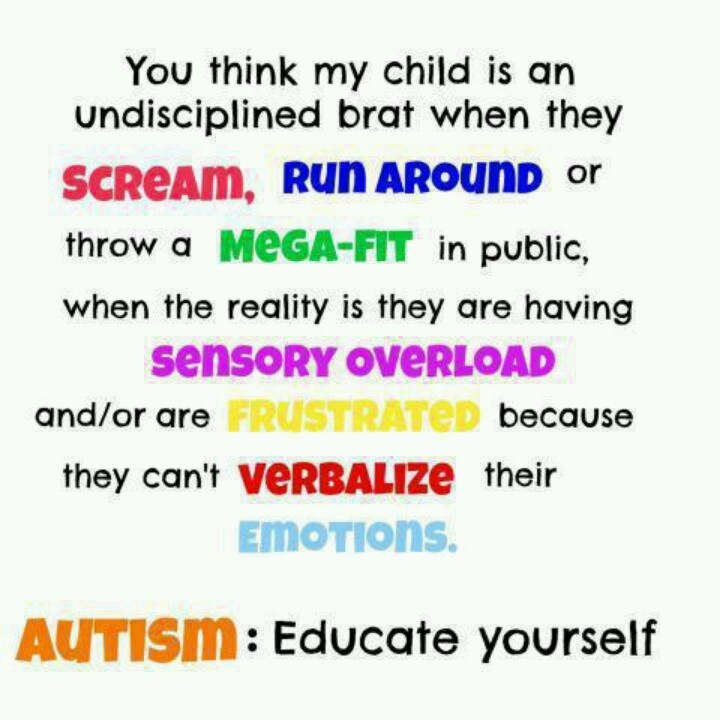
-
Avoiding new situations or new things (i.e. clothing, foods, etc.).
-
Hyperfixating on objects rather than people.
-
Preferring to play alone rather than with other kids.
Trouble learning
According to Nagler, many kids with ADD, ADHD or learning disabilities exhibit behaviors that indicate frustration or lack of understanding. While every kid learns in a different way, caregivers should pay closer attention if their charge has:
-
Difficulty absorbing new information (i.e. struggling to remember information, frustration when asked what they’ve learned, etc.).
-
Difficulty speaking or learning new words.
-
A tendency to find distractions when they should be focusing on something.
-
Problems “switching gears” from one task to the next.

-
Negative reactions to reading or learning activities (i.e. tantrums, refusal to participate, etc.).
Inflexible behaviors and routines
According to Robert Johnson, a therapist and child psychologist at Better Support Service in Miami, caregivers should also keep an eye on charges who must stick to a routine or who must do things in a certain way. Johnson explains that, sometimes, autism spectrum and behavioral disorders show up in behaviors like:
-
Repetitive behaviors and actions (doing things in the same order, following the same routine every day, etc.).
-
Distress over small changes in their surroundings.
-
Refusal to try new foods, new activities, or meet new people.
Diana Fitts, an occupational therapist and founder of the Sensory Toolbox, says caregivers who are new to a family may be especially aware of the above signs.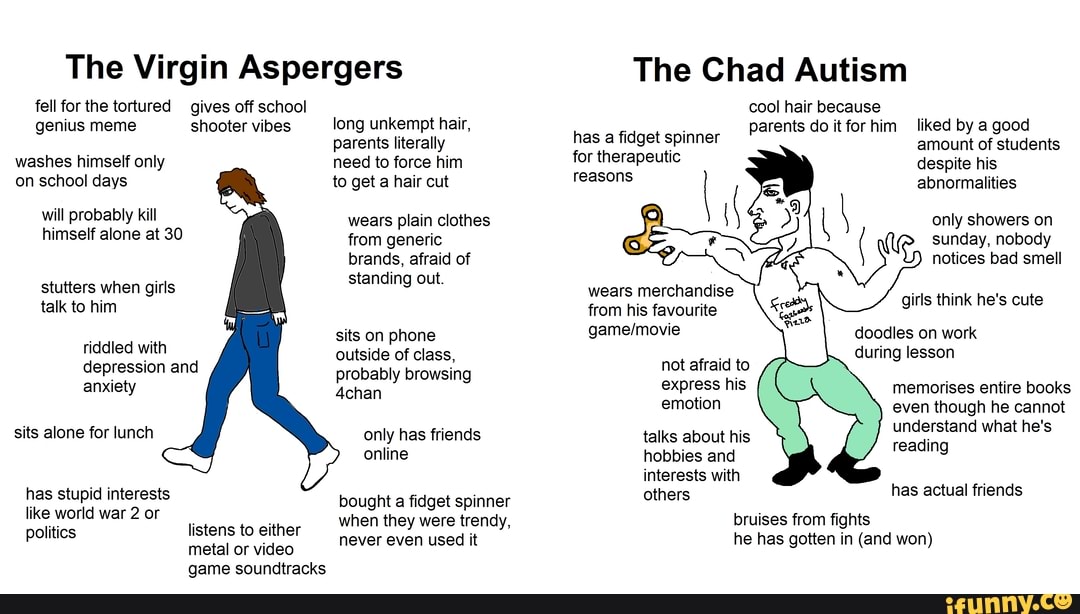 This is because they bring change and may not know the “right” way to do something.
This is because they bring change and may not know the “right” way to do something.
Fitts says that, while many kids have separation anxiety and act up with a new caregiver, “Striving to stick to a strict routine and having a meltdown if it isn’t followed can be a sign that something bigger than separation anxiety is going on.”
Physical hyperactivity
Kids are naturally hyper, but caregivers may have concerns that their charge is overstimulated or “hyperactive.” What would that look like? According to Nagler, there are certain stimulating behaviors that kids with hyperactive disorders (like ADD and ADHD) may exhibit, like:
-
Flapping their hands.
-
Jumping up and down.
-
Spinning.
-
Tapping legs (especially when seated at a desk or table).
-
Drumming fingers.

Talking about your concerns
If you have something to be concerned about, it’s time to have that conversation with parents and then talk to the real experts. Telling a parent or family about our opinions or concerns can be scary, but as caregivers it’s actually our job to make sure that our charges get the best care possible. So stop worrying about whether or not you should, and let’s talk about how.
1. Keep it simple
When you first introduce the topic of your concerns, don’t overdo it.
“Be very gentle about it,” says Dr. Nikola Djordjevic, of Belgrade, Serbia. “Start by describing the child’s behavior. This might be enough for the parents to start thinking about it themselves.”
Licensed child and family psychologist and expert writer at ParentingPod.com Ana Jovanovic also suggests that you use nonjudgmental language when describing your concerns.
“If you’ve seen a child smash and throw things if they lose patience, do not attach ‘aggressive,’ ‘hyperactive’ or other adjectives to it,” she says.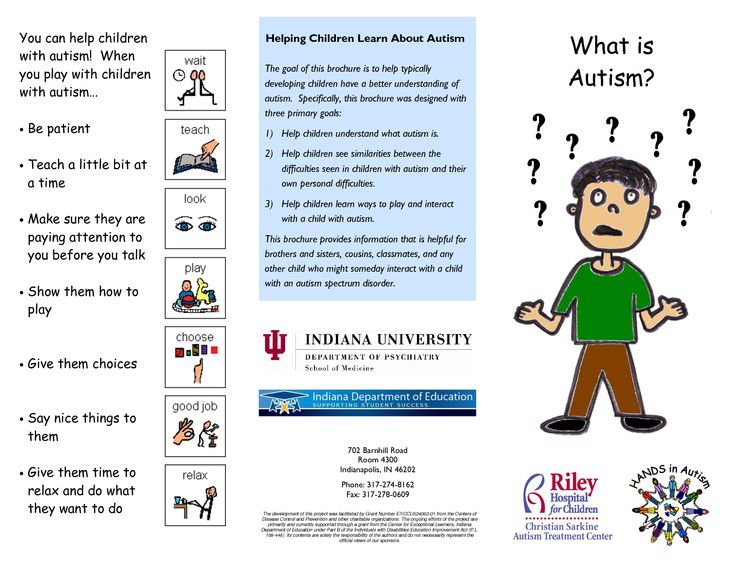
2. Ask for their experience
Jovanovic also recommends that you bring parents into the conversation. Start the conversation with something like: “I wanted to share some of my observations and get your feedback on them. I’ve noticed that, in the past month, your child has [insert behavior]. Have you noticed this as well?”
Asking parents for feedback on your observations can be useful, Jovanovic explains, because it can sometimes shed some light on certain behaviors. Maybe the parents know something you don’t that can help you better care for the child, such as a traumatic event that the child is still working through or how they are working to manage certain behaviors.
“Also, with an open invitation to provide you with their feedback, you are acknowledging their role as responsible and observant parents who pay close attention to their child’s needs, rather than presenting yourself as a critic,” Jovanovic says.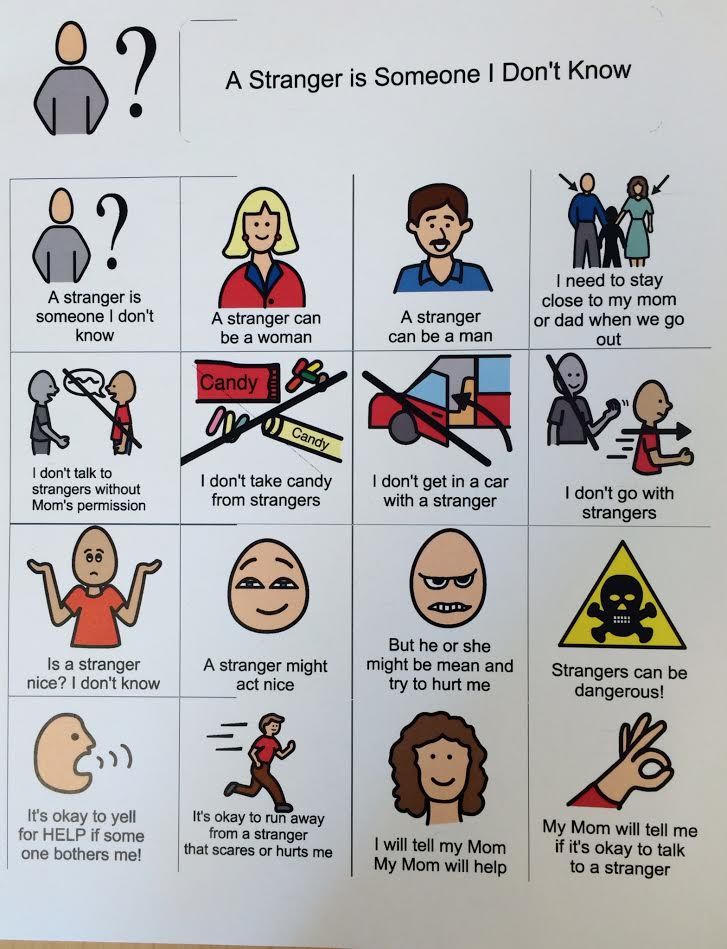
3. Make a plan to monitor the child together
When you first bring up your concerns, keep in mind that it’s simply going to be a conversation that gets you and the parents on the same page. From there, you can monitor the child and work together to find solutions.
Jovanovic offers a great tip to recruit parents in your efforts. She says to tell the parents: “If you agree that [child’s behavior] is a concern, I will pay close attention to it and how it changes while we’re together. I would really appreciate if you could give me updates on whether you’re seeing anything similar while you are spending time together.”
4. Remind parents that you are not the expert
After the initial conversation, parents may ask you if you’ve noticed any changes or if you think a child has a specific diagnosis. This is where it’s important to admit your limits: You’re not a doctor or an expert. You can always provide resources, like relevant (and expert) blogs, books, etc.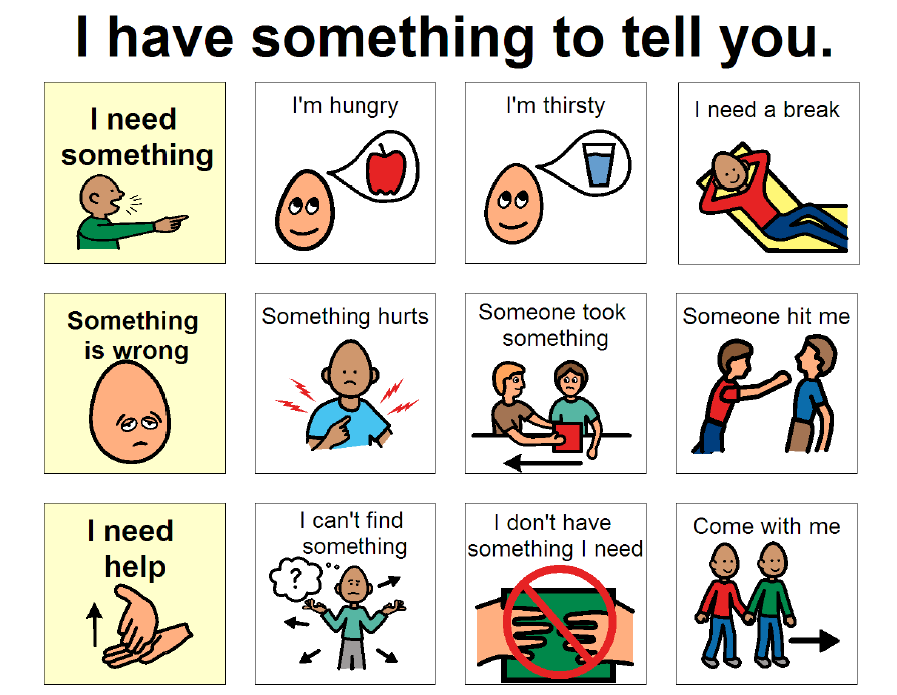 to help guide the conversation, but always recommend they speak to an expert if there are more specific concerns or questions.
to help guide the conversation, but always recommend they speak to an expert if there are more specific concerns or questions.
“When our nanny had concerns about our child’s behavior, I trusted her opinion so much” says Eryn Mangiers, mom of a daughter on the autism spectrum from Thornton, Colorado. “I just wanted to know what to do and asked a ton of questions. I think I ended up freaking her out a little. After a few days of skirting around the issue, she asked that I talk to a doctor or make an appointment with my kid’s school counselor. I realized that I was asking for answers she couldn’t give me, but I’m glad she directed me to the resources we really needed.”
5. Be patient
Don’t expect the first conversations about your concerns to lead to an immediate evaluation or a mad dash to fix “all the things.” Some parents may not be ready to do anything right away; some require a little time to warm up. Don’t take this personally, or assume the worst of them.
“When I first started working with my newest charge, I noticed she was really focusing on objects rather than faces when someone spoke to her,” says Jenny Ochoa, a day care teacher and nanny from Miami. “I didn’t know the family well enough yet, so I held back my questions for a few weeks. Once I broached the subject (gently), they immediately said that she was just a baby and that it was totally normal to not look at faces.”
Ochoa conceded to the parents’ opinions and let it go until one day when the mom asked if Ochoa felt her daughter’s eye contact had improved. This led to an open conversation about how they could work together to assess the child’s reactions and to talk to the family pediatrician about their concerns.
Focus on what’s best for the child
Regardless of which behaviors or symptoms you’re concerned about, the age of your charge or what your relationship is with his or her parents, it’s your job as a caregiver to advocate for them.
“Encourage parents to get professional support and intervention,” says Nagler. “Interventions can begin as early as 18 months.”
He says this can make all the difference for children with a wide range of challenges.
Of course, this can be an emotional time for both you and the family, but as Djordjevic explains: “Don’t push the topic. Show that you are well-meaning and kind and that you sincerely care for the child.”
Sharing an Autism Diagnosis With Family and Friends
If your child has been newly diagnosed with autism, one thing that can be a challenge is telling your parents and extended family.
Autism is something that more and more people are aware of, but there’s still a lot of misinformation. Your family members might not know what it means, or they might have a limited or skewed understanding of what it looks like. They might have a stereotype of what autism is that doesn’t fit your child.
They also may have an understandable, if misguided, urge to resist the diagnosis.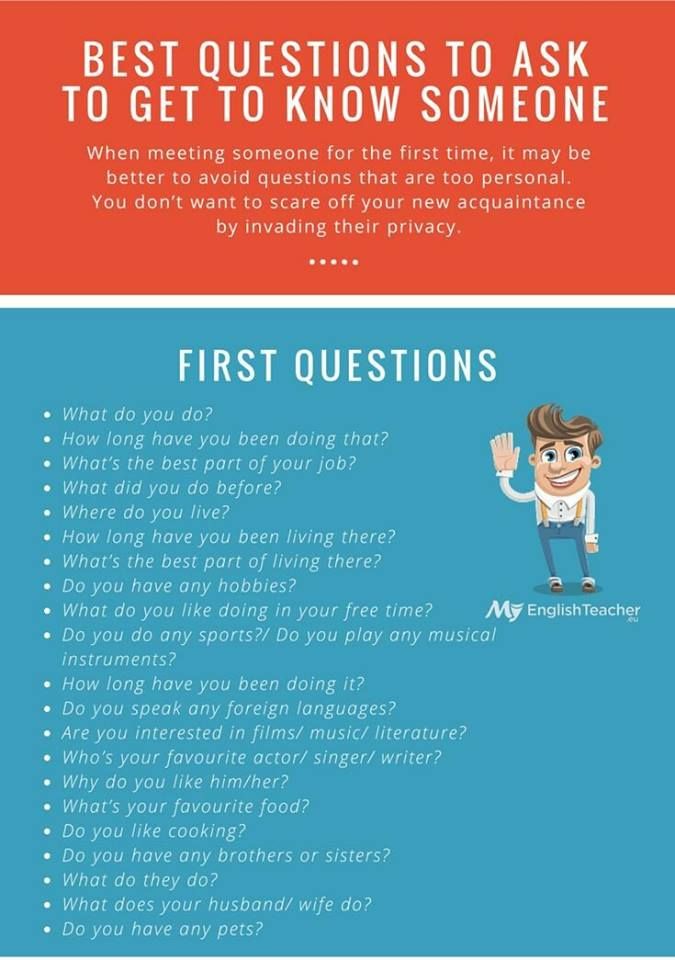 It’s not unusual to be told by your relatives that you are overreacting, or that it’s a mistake to give everyone who’s a little different a diagnosis.
It’s not unusual to be told by your relatives that you are overreacting, or that it’s a mistake to give everyone who’s a little different a diagnosis.
But if you’ve gone through the process of getting your child evaluated, it’s because he is pretty clearly not developing in typical ways, or, if he’s older, he is struggling and impaired in some important ways. The problems he’s having may not be visible to everyone in your family. But you need the people you are close to as allies in helping your child. So getting them on your team is worth the effort.
It’s a conversation that might be difficult or emotional, so here are some tips:
Focus on behaviors
Using behaviors they might have noticed is one way to start explaining what autism is, and why your child was diagnosed.
For example, if your child doesn’t make eye contact and has a hard time connecting with other kids, you can explain that it’s not that he’s shy and he isn’t being rude—those are symptoms of his autism. Likewise, if he melts down when visiting family, it might be because he has a very hard time handling changes in routine—another thing common for autistic kids.
Likewise, if he melts down when visiting family, it might be because he has a very hard time handling changes in routine—another thing common for autistic kids.
“If they understand that it’s something different about your child, and it’s not intentional, then that can be a springboard for a bigger discussion about what autism is,” says neuropsychologist Michael Rosenthal, PhD.
Explain autism basics
Let them know that behaviors associated with autism are divided into two groups.
- Difficulty with social skills: For example autistic kids might not respond to social pleasantries or understand how to behave in different social situations. They might have trouble with speech and with nonverbal communication, like facial expressions and eye contact.
- Restricted or repetitive behaviors and interests: Some examples of this are depending on routines and rituals, like eating the same things or wanting to keep the same schedule or take a similar route.
 Autistic kids may also have intense interests, like wanting to talk only about trains or a favorite movie.
Autistic kids may also have intense interests, like wanting to talk only about trains or a favorite movie.
They may ask what causes autism
Here are the main things you want to cover:
- Autism is a neurodevelopmental disability.
- It is lifelong.
- We know it starts in utero.
- We know it is not produced by vaccines.
- It’s not caused by bad parenting.
Your child may not fit their image of autism
Explain that autism is a spectrum of behaviors, and every autistic person is different in terms of onset, severity, and types of symptoms. For instance, some are nonverbal, and some are hyper verbal—they talk your ear off, though they don’t engage in the back-and-forth of conversation very well.
Psychologist Mandi Silverman, PsyD, notes, “We often say that children with autism are like snowflakes, no two are the same. Just because one child with autism looks and sounds one way does not mean that another child will. ”
”
Explain how the diagnosis will help your child
People often worry that having a diagnosis will negatively “label” a child, making people think she’s weird and hurting her opportunities and her self-esteem. In fact the opposite is often true. It can be a relief to know that a child’s struggles (and strengths) have a name and are actually pretty well understood and not that unusual.
Having a diagnosis also means that your family is eligible for therapies and services, which can be transformative.
Anticipate difficult reactions
Family members can have different reactions to hearing about a child’s diagnosis. Sometimes it’s a relief because there’s an explanation for the things that are challenging. Relatives might also feel sad or overwhelmed. It’s normal to experience a range of emotions. They might also reject the diagnosis, which can leave you feeling very hurt and isolated.
“Initially receiving a diagnosis is a very big event. Sometimes hearing a diagnosis challenges parents’ perceptions of what they envisioned parenthood would be,” says Dr.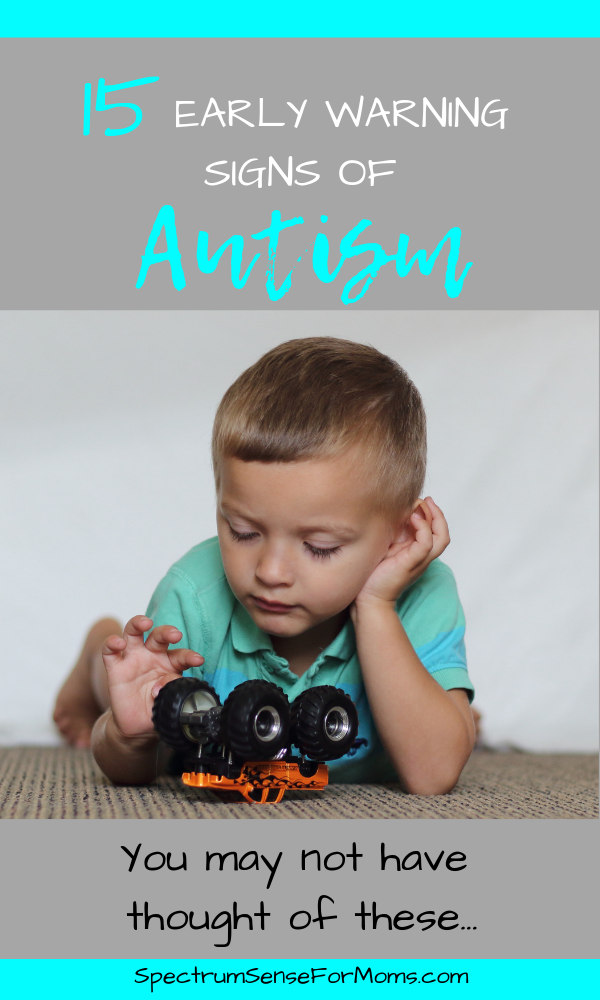 Silverman. This is also true for grandparents. “Sometimes relatives, like parents, need to take some extra time to put the pieces together. Frustration or confusion or anger—they are not uncommon. Sometimes we need time to process it,” she says.
Silverman. This is also true for grandparents. “Sometimes relatives, like parents, need to take some extra time to put the pieces together. Frustration or confusion or anger—they are not uncommon. Sometimes we need time to process it,” she says.
Let your family members express their feelings, but also tell them that you’re working with a team of providers to do what’s best for your child. You can also say that they are important to you and your child, so you hope they will be supportive.
Use your doctor if necessary
If family members’ reactions don’t seem to be improving, Dr. Rosenthal recommends thinking about why they might be resistant. He says three common reasons are:
- They don’t understand autism so they push it aside.
- They think they know what autism is and they don’t agree it’s the right diagnosis.
- They don’t know how to handle it and it’s overwhelming for them to consider.
“I’ve had situations where I’ve encouraged parents to have their extended family come in if that person was having trouble coping or understanding what was happening,” he says. “Psychoeducation can be helpful for everyone no matter what, and if that person has really big misconceptions about the diagnosis or is feeling helpless, this is an opportunity to educate him.”
“Psychoeducation can be helpful for everyone no matter what, and if that person has really big misconceptions about the diagnosis or is feeling helpless, this is an opportunity to educate him.”
Dr. Rosenthal also notes that if you are currently going through the evaluation process, it can be a good idea to have your relatives come in for the feedback.
Recommend resources
Dr. Silverman suggests that parents download the 100 Day Kit from Autism Speaks, which also has tips specifically for grandparents, brothers and sisters, and extended family members.
“I tell people to download this kit and then go on a 30 day internet fast,” says Dr. Silverman. “Stay off of it. The great thing about the internet is that it gives us so much information, and the bad thing is that anybody who has an idea can write something and it can be toxic or incorrect. ”
For family members who prefer books, she also recommends The Official Autism 101 Manual by Karen L. Simmons.
Simmons.
Ask people for help (and be specific)
This can actually be a relief for you and the people you’re asking because it’s in our nature to want to help family and friends, but sometimes people don’t because they aren’t sure how or are afraid they might be overstepping. So if you want help, say it.
Talk with other parents
Parents making sense of a new diagnosis can sometimes feel overwhelmed and alone. Dr. Silverman says that one of the most important things, besides getting good treatment, is spending time with other special needs parents. “Being in the company of other parents can make you feel strong rather than alone and isolated. It’s important to have people who get it,” she says. “They can say, ‘Someone said that to me too, and it’s so frustrating because that’s not the way it is.’ ”
Your child’s doctor might be able to recommend a local support group, or you could look online or network with other parents at special needs sports or activity groups.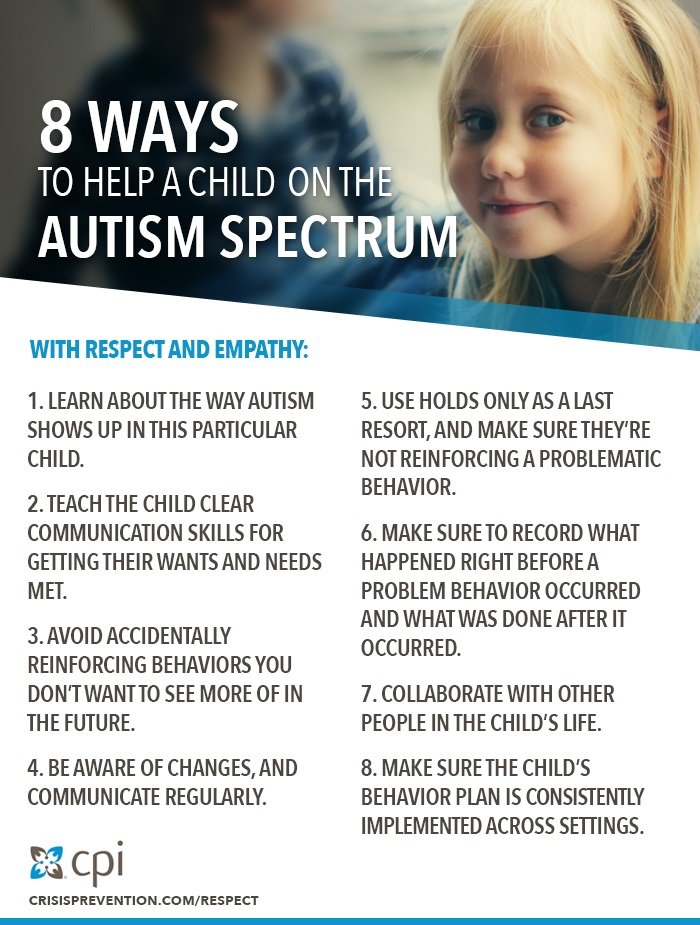
Autism: what can parents do to help their child?
The first 2-3 years are especially difficult for a couple who have had their first child. Young mothers and fathers are still learning to be parents, and it is quite difficult to understand that the development of their child is different from others. It's even harder to accept that your baby may have a mental disorder. Childhood autism, or as it is now also called, autism spectrum disorders (ASD), today occurs in every 88th child. How to recognize the disease and what should parents pay attention to? These and other questions related to autism were answered by the Head of the Department of Psychiatry and Narcology, Doctor of Medical Sciences, Associate Professor Grechany Severin Vyacheslavovich. nine0004
What is autism? Is this disease born or is it an acquired condition in the environment in which the child grows up?
Childhood autism is a congenital disease.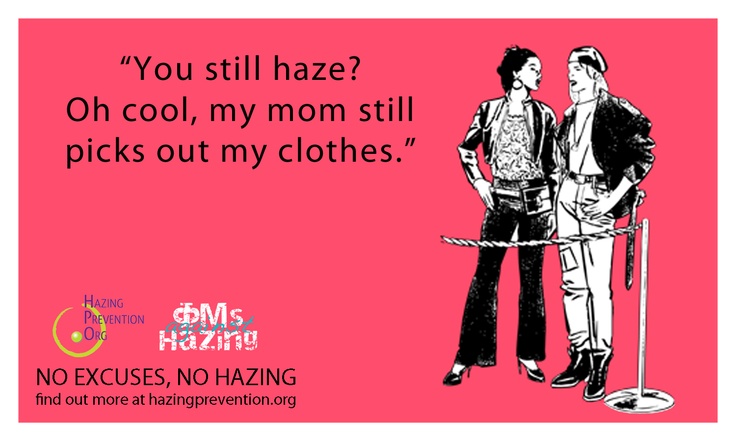 The fact of its occurrence cannot be the result of such external causes as, for example, the social or cultural level of the family. The decisive role is played by the biological factor that determines the birth of such a child. Of course, there are external circumstances that, ceteris paribus, provoke the appearance of symptoms of this disorder - a severe viral infection, in some cases even a sharp change in the family situation, for example, a sudden separation from the mother, hospitalization of the child in the hospital and more. Often an autistic child is the firstborn in the family, and parents do not yet know how the child should develop. Subsequently, they recall that they often thought about why their child did not develop like other children, but still they did not suspect serious deviations. Therefore, this day - April 2 - just calls for adults to take a closer look at the child in general and notice any anomalies in his development as early as possible. And whether this is autism or some other disease - this should be decided by the doctor.
The fact of its occurrence cannot be the result of such external causes as, for example, the social or cultural level of the family. The decisive role is played by the biological factor that determines the birth of such a child. Of course, there are external circumstances that, ceteris paribus, provoke the appearance of symptoms of this disorder - a severe viral infection, in some cases even a sharp change in the family situation, for example, a sudden separation from the mother, hospitalization of the child in the hospital and more. Often an autistic child is the firstborn in the family, and parents do not yet know how the child should develop. Subsequently, they recall that they often thought about why their child did not develop like other children, but still they did not suspect serious deviations. Therefore, this day - April 2 - just calls for adults to take a closer look at the child in general and notice any anomalies in his development as early as possible. And whether this is autism or some other disease - this should be decided by the doctor.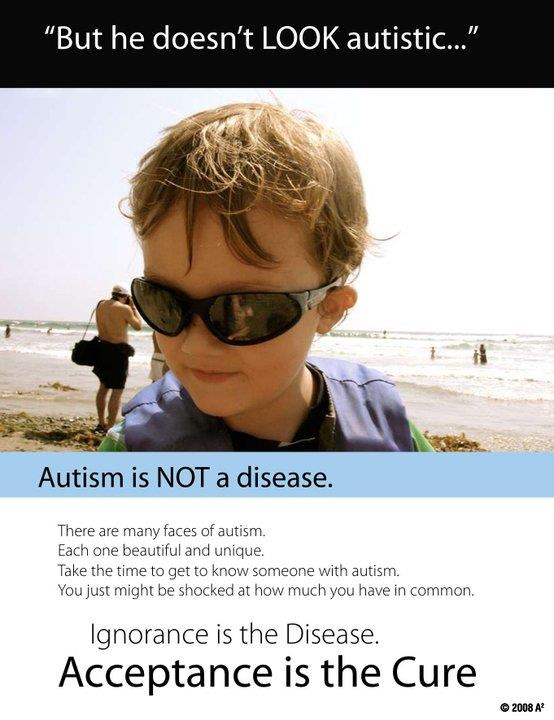 nine0005
nine0005
How can parents tell if their child has the condition?
Unfortunately, often parents do not immediately pay attention to the atypical, age-specific behavior of their child. This circumstance gave rise to some myths that autism can occur with the wrong parenting approach or after some medical interventions, including preventive vaccinations. This cannot be believed, since childhood autism also goes through a latent phase in its development, when its symptoms are almost imperceptible, but this does not mean that it was not there from birth. However, you need to know the so-called "red flags of autism", with the manifestation of which it is worth contacting a specialist. These include:
- child does not use pointing gesture,
- does not make eye contact, does not smile in response to a smile,
- does not respond to his name or to requests addressed to him,
- does not hear speech, does not understand why adults turn to him,
- does not say a 2-word phrase by age 2,
- does not use toys for its intended purpose.
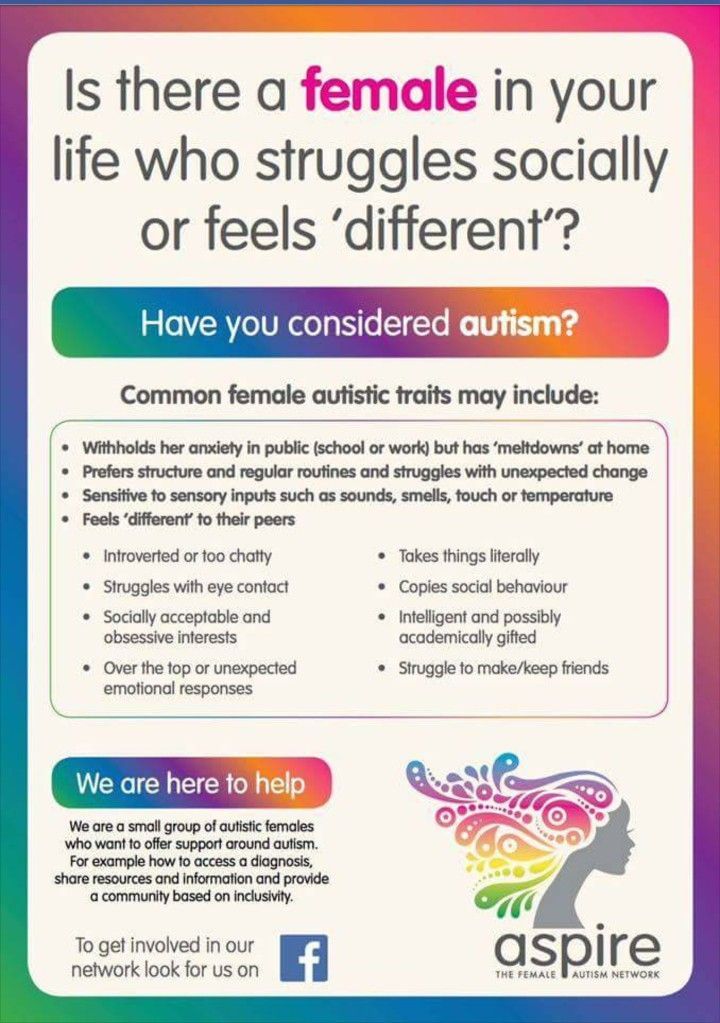
Often the child does not develop a plot game. For example, a car for a boy is not an image of a car that he saw on the street, but only wheels that can be turned. With the help of a toy, a child cannot reproduce the plot seen in life. In the same way, for a girl, a doll is not an image of a little man whom she can put to sleep or feed, but an indifferent object with moving parts. It is also worth paying attention to how the child communicates, whether he can follow the simple instructions of an adult, and concentrate his attention. If parents notice these features, then you need to see a doctor. nine0005
Is it possible to cure autism or only bring adaptation to life to a certain level? Which doctor to contact in this case?
Any specialist can suspect autism. Suppose the district pediatrician assumes that the child has autism and advises parents to contact a psychiatrist. However, it is important to understand that the final diagnosis may differ from the initial one, and there are other mental disorders besides childhood autism at an early age.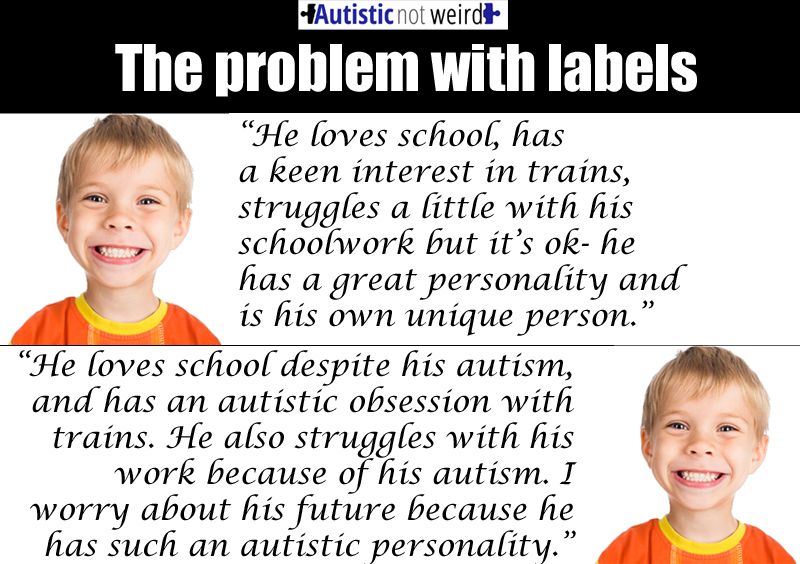 nine0005
nine0005
Is child autism treated at the Pediatric University Clinic?
We don’t have a separate department yet, besides, working with an autistic child is a long-term, often many-year work of a large team of different specialists, including not only doctors, but also correctional teachers, clinical psychologists and their varieties, rehabilitation specialists etc. However, we consult such children and their mothers at the stage of early diagnosis, when parents, for various reasons, are not yet ready to go to official psychiatric institutions. Thus, difficult and doubtful diagnostic cases are solved, the very first recommendations are given. For example, I receive at the Multidisciplinary Center, Vera Vladimirovna Pozdnyak takes at the Consultative and Diagnostic Center. We provide primary care to these children. We give advice on how to treat a possible disease in a child, how to behave with such children and what options for drug therapy exist.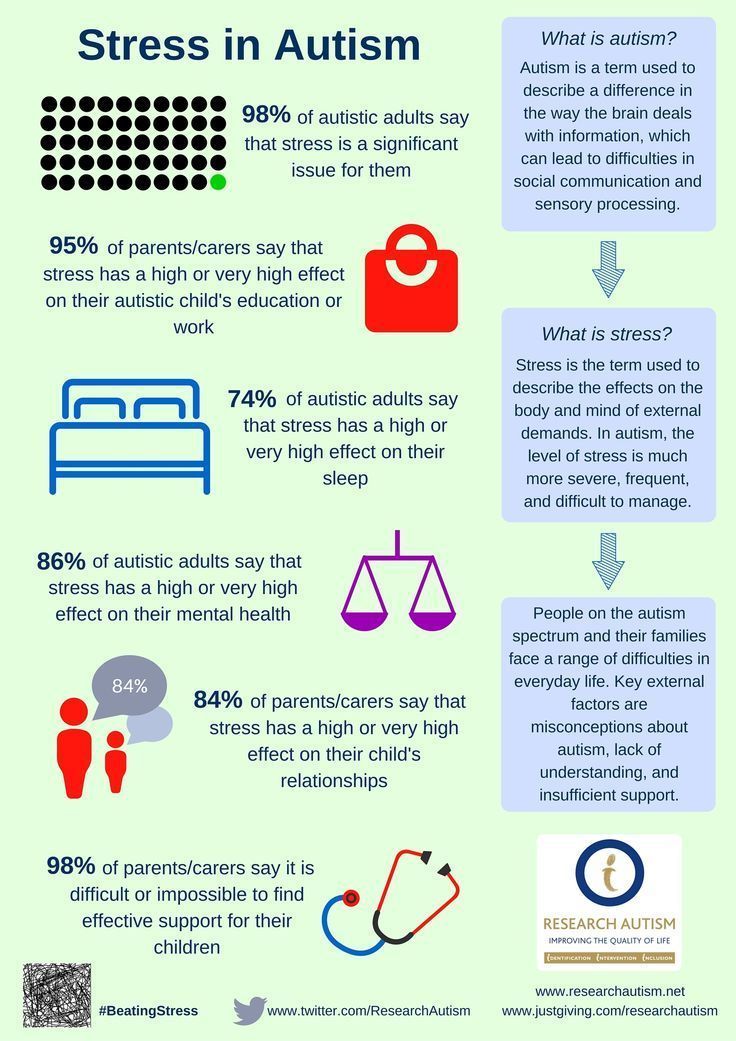 Most moms walk away grateful as they get answers to questions that have haunted them for a long time. nine0005
Most moms walk away grateful as they get answers to questions that have haunted them for a long time. nine0005
As far as treatment is concerned, we do not provide it. In addition, parents, faced with the problem of autism, must understand that it is impossible to completely cure it, and they will have to accept that throughout their life the child will be special, unlike all others. There has never been such a case that the same classic autism ended in complete adaptation in society, even if the child at some stage was able to master the profession. Although it is believed that with age the diagnosis of "autism" cannot be reconsidered for a child, but most of the actual "autistic" traits disappear on their own over time. And already at the age of 6-7, other problems related to behavior, underdevelopment of abstract concepts, misunderstanding of the context of communication, i.e. purely intellectual difficulties, come to the fore. In the future, parents will need to adapt the child to life with what is, including special requirements for the learning process.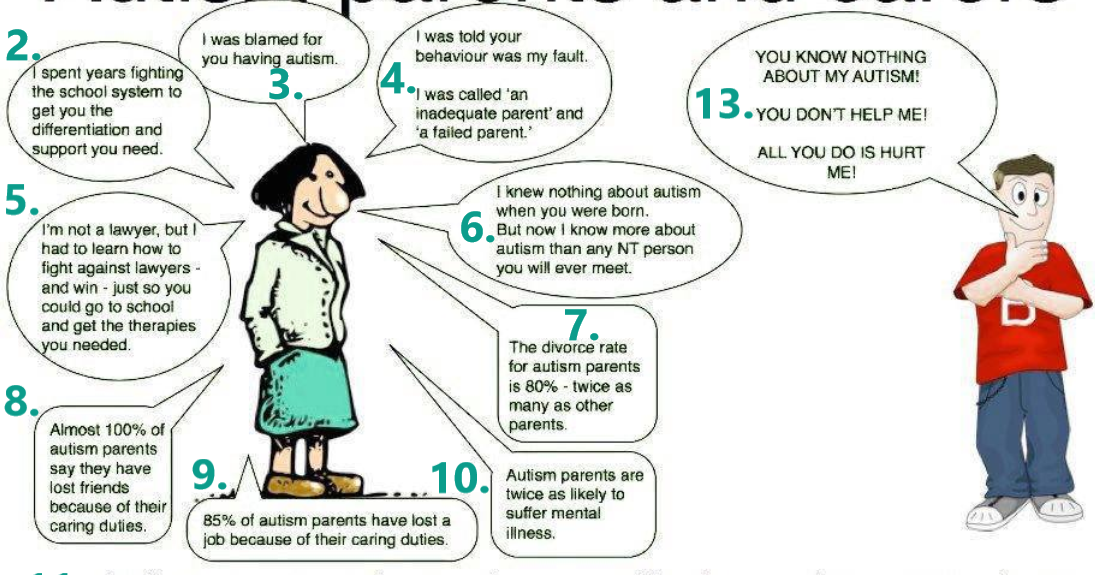 At home, you should also follow a special system of rules developed individually for a particular child. nine0005
At home, you should also follow a special system of rules developed individually for a particular child. nine0005
How can parents help their child cope with autism? Can you give any recommendations for them?
The most important recommendation, from our point of view, is to initially understand the child's capabilities, not to do too much and not to set too high goals. The biggest conflict arises precisely when parents are faced with a contradiction between the real abilities of the child and their own ambitions for him. And everything negative that can happen later - protests, disobedience, experiencing disappointment and despair - all this comes from this conflict. nine0005
The main principle for parents is to gain a sense of confidence as a caregiver and get rid of excessive feelings of guilt. You need to know that an autistic child is very sensitive to the internal state of his parents, easily reacts to their anxiety, confusion. With regard to mental development, one should be prepared for the fact that it will take a long time to achieve success, even small ones.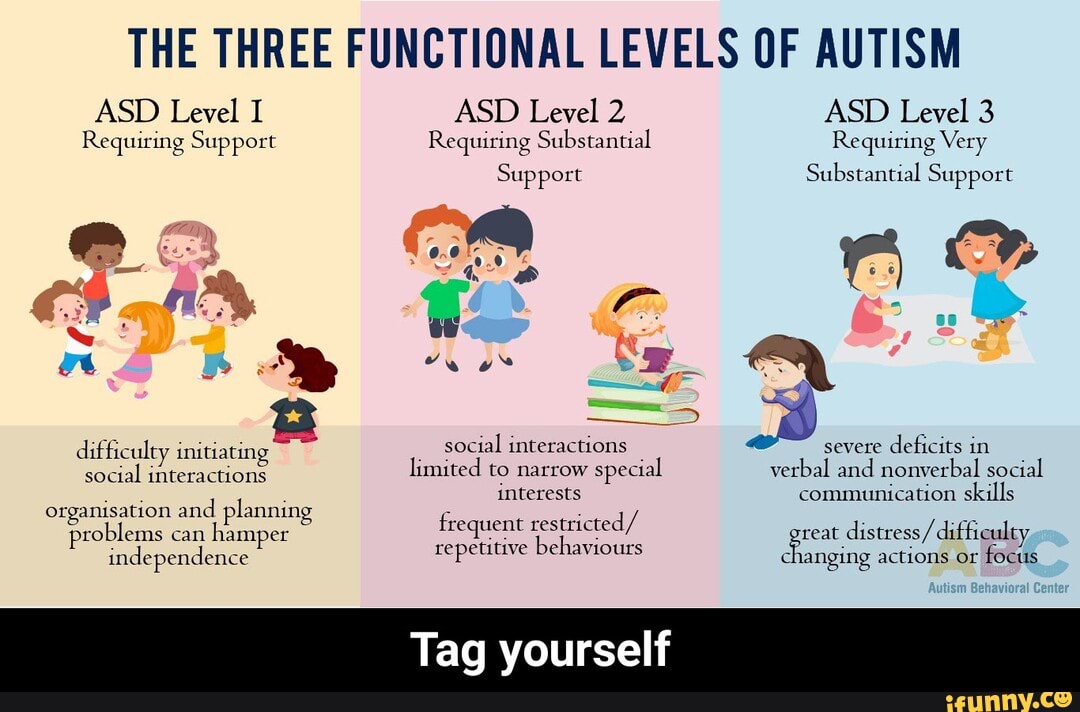 It does not happen that a child falls asleep with one person and wakes up with another person.
It does not happen that a child falls asleep with one person and wakes up with another person.
Another common mistake is the opinion that the most important thing for a child is to learn to talk. This is not true. If speech does not appear on its own, then there are objective reasons for this. As soon as the prerequisites for pronouncing words are formed, the child will begin to speak independently without our help. Therefore, you should not artificially try to accelerate the development of such a child. nine0005
Is it possible to say that modern communication devices, computers, gadgets, mobile phones can develop autism in a child? And do they somehow affect children who have already been diagnosed with this disease? (Can modern technology help to socialize or, on the contrary, contribute to the fact that the child withdraws more and more into himself?)
In autism, this is neither good nor bad. There can be no universal recommendation here, everything is individual.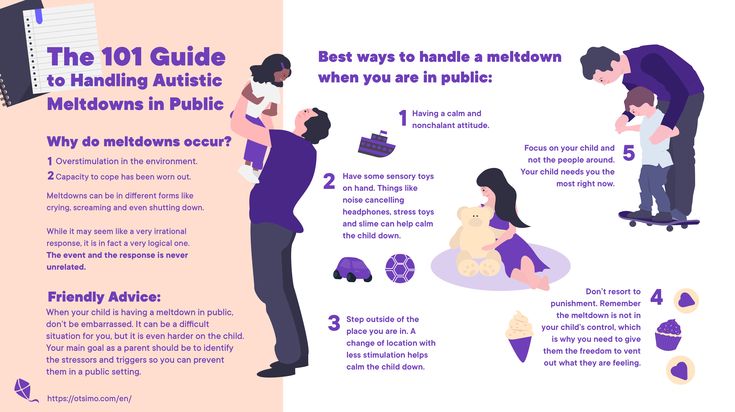 It is important for a mother to understand whether her child is now ready to master society or whether she still needs to wait, subsequently carefully “grafting” him to life. Here the advice of a defectologist, a psychiatrist will help. True, very often the mothers of such children are guided only by their own opinion, without accepting someone else's help. This happens if their relatives betrayed them, the father left, the grandparents did not accept the child, and the mother is left alone with the problem. nine0005
It is important for a mother to understand whether her child is now ready to master society or whether she still needs to wait, subsequently carefully “grafting” him to life. Here the advice of a defectologist, a psychiatrist will help. True, very often the mothers of such children are guided only by their own opinion, without accepting someone else's help. This happens if their relatives betrayed them, the father left, the grandparents did not accept the child, and the mother is left alone with the problem. nine0005
Why is autism thought to be more common in boys? And why is it more characteristic of them?
Indeed, this is a fundamental fact. And childhood autism is not the only example. A lot of mental disorders occur more often in boys. Why this is so is hard to say. There are many hypotheses for this, but an exhaustive explanation has not yet been received.
Maybe there is some relationship between the mother's condition during pregnancy and the child's subsequently diagnosed autistic disorder? Is it possible to somehow predict the birth of a child with autism? What are the medical reasons? nine0013
Mothers often ask me: “Tell me, please, where, at what stage did I make a mistake? What did I do wrong? Unfortunately, despite the fact that we live in the 21st century, there are no prerequisites to predict the birth of such a child.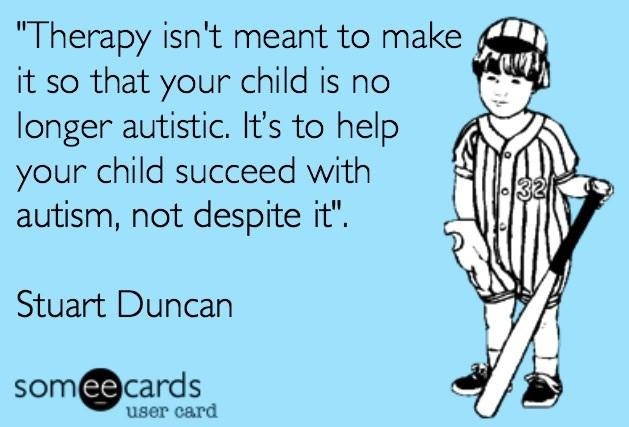 With the exception of the examination of the amniotic fluid for gross genetic anomalies. If this is observed, then we can say with a high degree of probability that a clinical picture of autism should be expected here. In all other cases, it is difficult to predict anything. There is no data for this. nine0005
With the exception of the examination of the amniotic fluid for gross genetic anomalies. If this is observed, then we can say with a high degree of probability that a clinical picture of autism should be expected here. In all other cases, it is difficult to predict anything. There is no data for this. nine0005
Is it true that autism is more common in children today than it was 10, 20, 30 years ago?
It is believed that the number of children with autism has not increased, diagnosis has improved. This happened due to the spread of information about autism and its manifestations. As a result, parents began to pay more attention to what they had not noticed before. And, as a result, the number of visits to doctors for the purpose of making a diagnosis has increased. What used to cause confusion and misunderstanding in parents, now prompts a search for answers in specialized literature, the Internet. As a result, the symptoms of autism began to be detected more often and at an earlier age.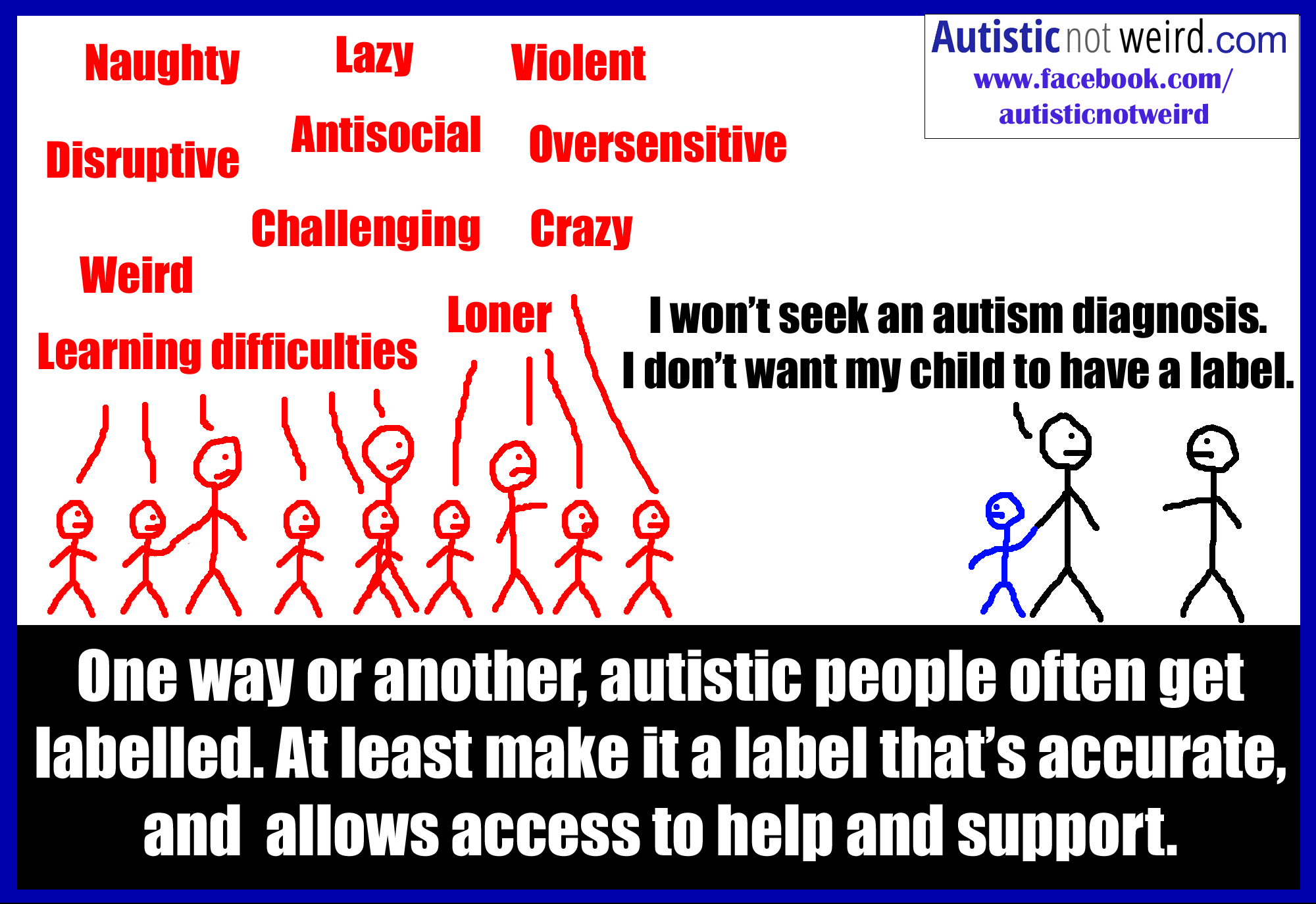 And here there is another extreme - the emerging trend towards overdiagnosis of this disorder. A special term has even appeared - autism spectrum disorders, the role of which is seen in drawing more attention of parents to any symptoms of deviant development, closely or remotely resembling childhood autism, in order to promptly apply for practical assistance. nine0005
And here there is another extreme - the emerging trend towards overdiagnosis of this disorder. A special term has even appeared - autism spectrum disorders, the role of which is seen in drawing more attention of parents to any symptoms of deviant development, closely or remotely resembling childhood autism, in order to promptly apply for practical assistance. nine0005
Can an autistic child go to a regular school, or is it better to send him to a special school?
There are inclusive types of education that allow such children to study in a regular school. A group of 3-4 such children is recruited, and most of the time they study with a separate teacher. Periodically, the teacher selectively leads, as far as possible, such children to classes with healthy children. But the need for such classes must be considered individually. All possible consequences should be taken into account. For example, in practice, children with autism are not very physically healthy, they are characterized by weak immunity - this increases their risk of getting respiratory and other infectious diseases, which usually occur in a more severe form in children with autism.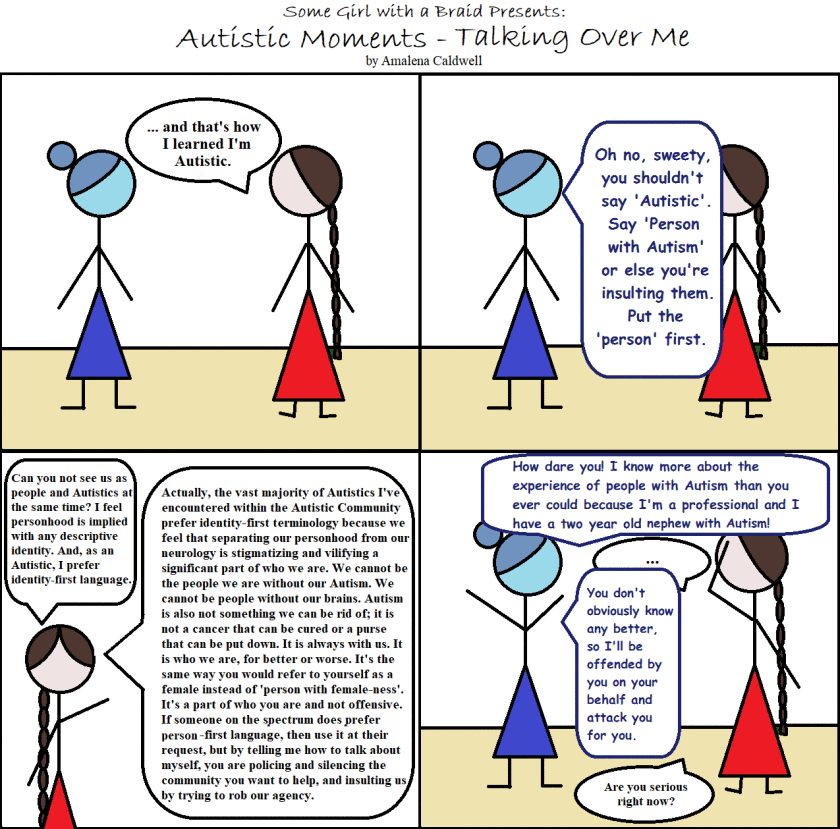 After all, even under normal conditions, autistic children get sick more often than other children. In addition, education in a mass school is possible if there is a special assistant or tutor nearby, a person who guides the child in each specific case and tells him what to do. Often such children, being in mass education, do not follow the school curriculum, but only formally attend the lessons. But what he will learn as a result is a separate question. More often it is a kind of “familiarization” with educational material. And in this situation, we have no right to demand that the child master the entire program. However, one should not forget that traditional defectological assistance in the conditions of ordinary correctional kindergartens and schools has great potential in terms of filling cognitive deficits, and the passage of inclusive education still does not eliminate the need to acquire specialized skills using routine correction methods. nine0005
After all, even under normal conditions, autistic children get sick more often than other children. In addition, education in a mass school is possible if there is a special assistant or tutor nearby, a person who guides the child in each specific case and tells him what to do. Often such children, being in mass education, do not follow the school curriculum, but only formally attend the lessons. But what he will learn as a result is a separate question. More often it is a kind of “familiarization” with educational material. And in this situation, we have no right to demand that the child master the entire program. However, one should not forget that traditional defectological assistance in the conditions of ordinary correctional kindergartens and schools has great potential in terms of filling cognitive deficits, and the passage of inclusive education still does not eliminate the need to acquire specialized skills using routine correction methods. nine0005
Whatever problems parents face on the difficult path of upbringing, it is important to remember that parental love is important at any stage of growing up. Let's understand the concept of "autism". Autism is a mental disorder characterized by a pronounced deficit in personal, social, speech and other aspects of development and communication skills. Such children are characterized by: a tendency to self-isolation, isolation from the real world and loss of ties with it, immersion in the world of personal experiences, lack or loss of social skills. What are the manifestations of autism in a child? All this does not indicate that your child is autistic, but should make you pay attention and observe. Undoubtedly, being a parent of a child diagnosed with autism is difficult. Moreover, parents experience difficulties in obtaining state support, as well as in finding specialized correctional centers. On her blog, the mother of a child with autism writes: “An autistic child at home is a disaster. It's very fun and difficult, this is Alf - an alien. For example, it's great to open a window and thoughtfully throw things out of it one at a time. Watch how they fall, and then mom runs and collects. Moreover, sometimes it seems that he does it on purpose, and sometimes it really is. nine0005 It is a pretty common idea today that autism is not a disease. It's just that these children, these people are different. They think differently, they see the world differently, they perceive information differently. We can say that this is true: a person with autism really perceives the world around him differently, but this brings him a lot of suffering and problems. In fact, children with autism are very lacking in communication, but they do not know how to establish interaction, because they do not know how to navigate the environment at all. This is one of the most tragic deficits in autism. For example, such a baby, wanting to communicate, can start pushing other children, bullying them. Or jumping in front of a child who somehow interested him, waving his arms and laughing. You and I understand that he won't make friends like that. But he can't do it any other way. And it takes a lot of time and patience on the part of adults to help him. nine0005 What should parents do? Recommendations from a social worker 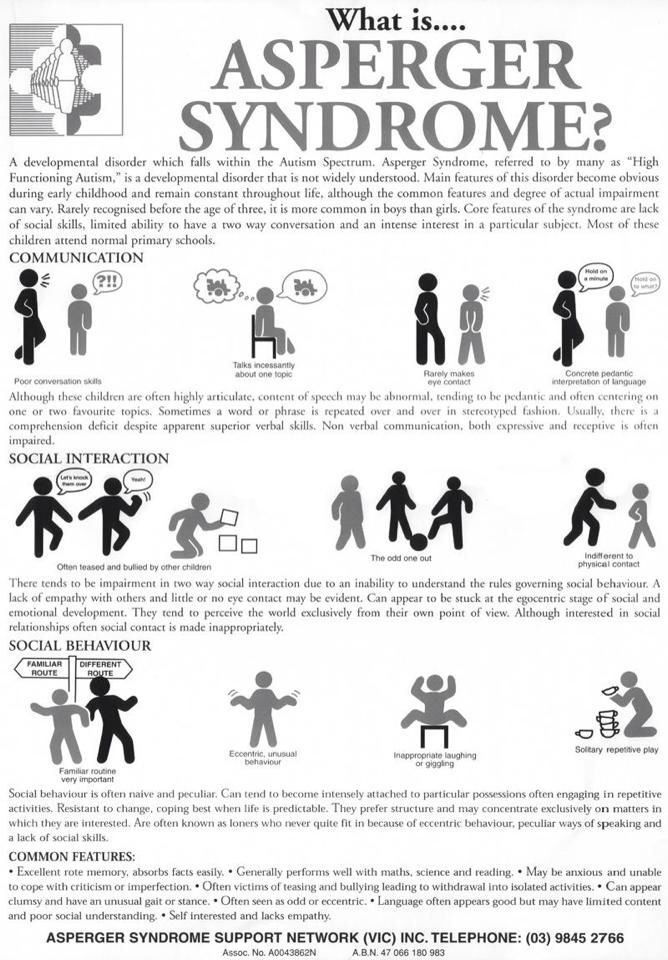 Autism in a child is not a death sentence Meanwhile, such people live near us, although the exact number of them in Russia, where the diagnosis of autism began to be made just a little over thirty years ago, is still unknown, because. There are no official statistics on people with autism spectrum disorder in our country. According to the "All-Russian seminar-meeting on helping children with autism spectrum disorder and families raising them" in Voronezh, as of April 2015, the prevalence of childhood autism is 1 per 60 children born. Just think about these numbers. nine0005
Autism in a child is not a death sentence Meanwhile, such people live near us, although the exact number of them in Russia, where the diagnosis of autism began to be made just a little over thirty years ago, is still unknown, because. There are no official statistics on people with autism spectrum disorder in our country. According to the "All-Russian seminar-meeting on helping children with autism spectrum disorder and families raising them" in Voronezh, as of April 2015, the prevalence of childhood autism is 1 per 60 children born. Just think about these numbers. nine0005
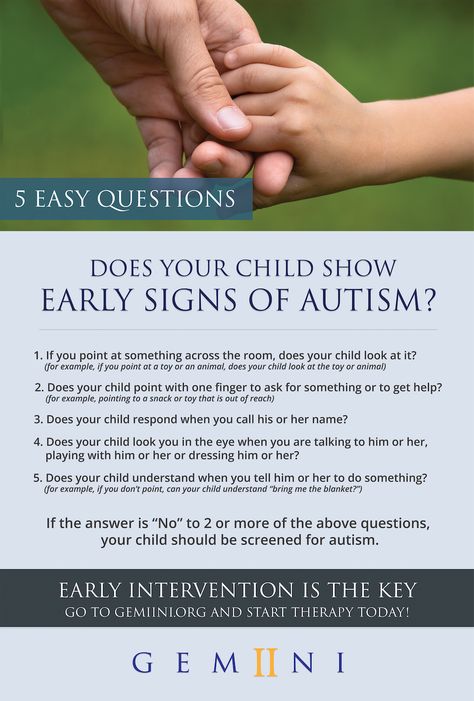 nine0028
nine0028 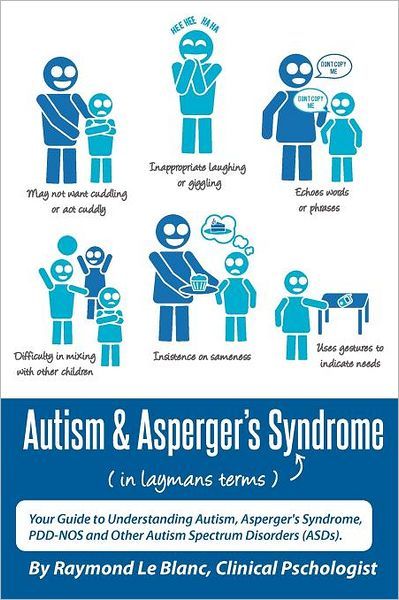 And it is better to take the child to a specialist - a speech therapist, psychologist, psychiatrist.
And it is better to take the child to a specialist - a speech therapist, psychologist, psychiatrist. 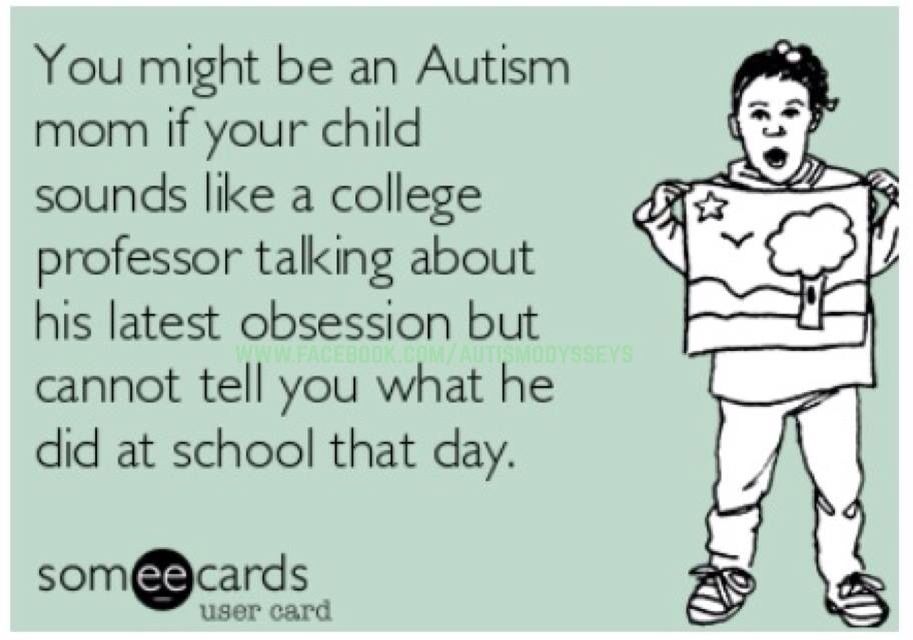 It is worth remembering that our society is simply not ready for such people, we love to condemn both the child and the mother who cannot calm the child. nine0005
It is worth remembering that our society is simply not ready for such people, we love to condemn both the child and the mother who cannot calm the child. nine0005



